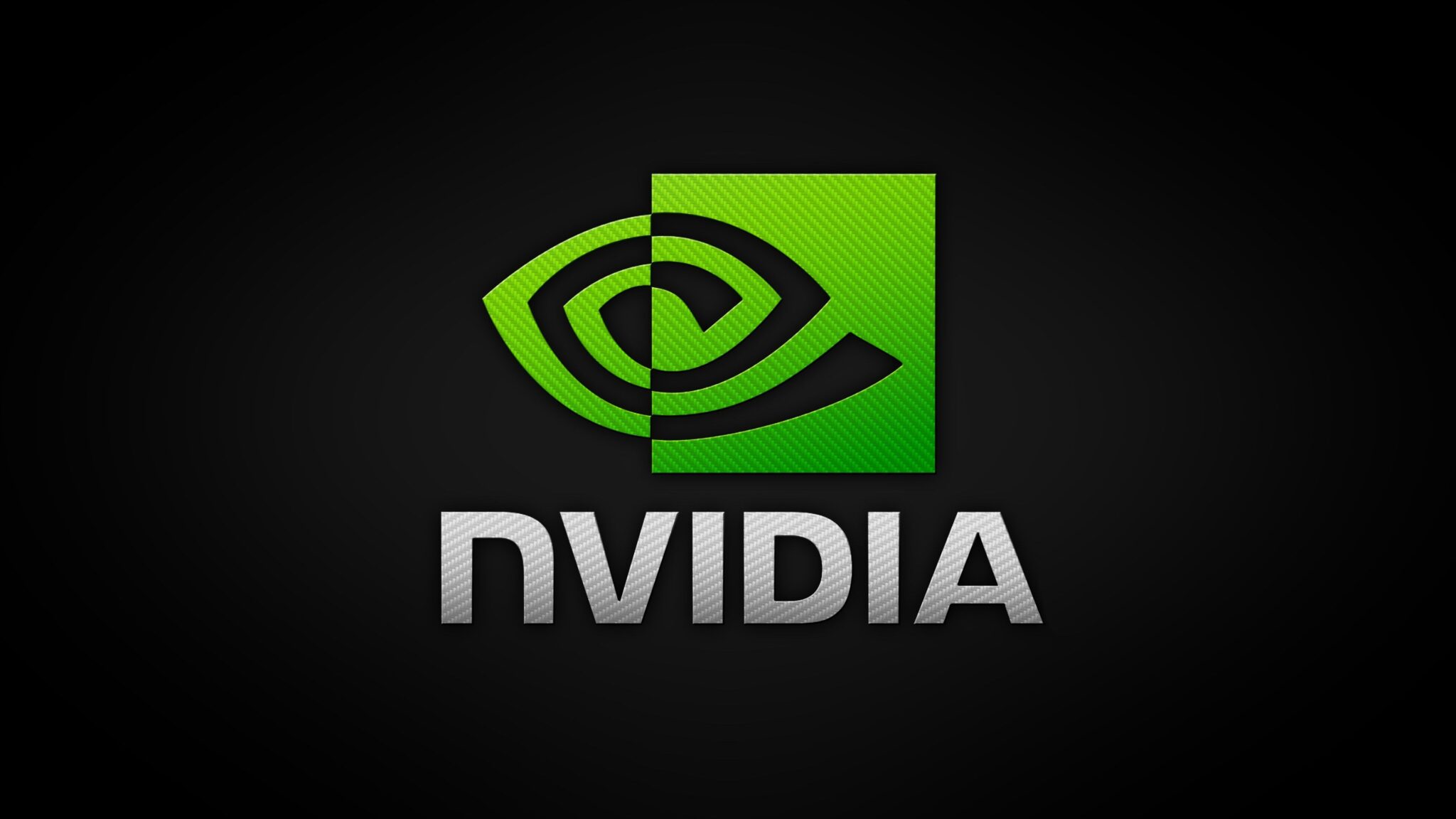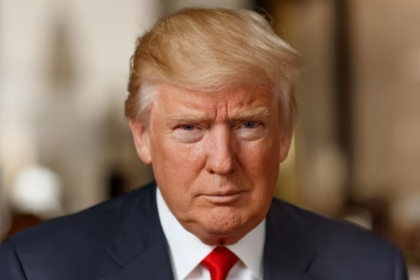The U.S. government is shifting its AI chip strategy from outright bans to tariffs. According to the Financial Times, Nvidia and AMD have agreed to pay a 15% tariff on revenue from high-end AI chip sales to China in exchange for licenses to sell in the country.
Under the deal, Nvidia will share revenue from sales of its H20 AI chips, while AMD will do the same for its MI308 chips. Licenses for these sales have already begun to roll out.
The move follows a series of policy reversals. In April, the Trump administration restricted certain high-performance AI chip exports to China, only to pause the ban after Nvidia pledged $500 billion in U.S. data center investments. By July, Nvidia announced it would resume selling its China-specific H20 chips, designed to comply with earlier Biden-era restrictions.
“We follow rules the U.S. government sets for our participation in worldwide markets,” Nvidia said in a statement, adding it hopes future export rules will allow America to compete in China and globally.
U.S. Commerce Secretary Howard Lutnick linked the decision to ongoing trade talks with China over rare-earth elements, vital for products like EV batteries. But not everyone is on board, national security experts have urged the administration to reconsider, warning of potential risks.







